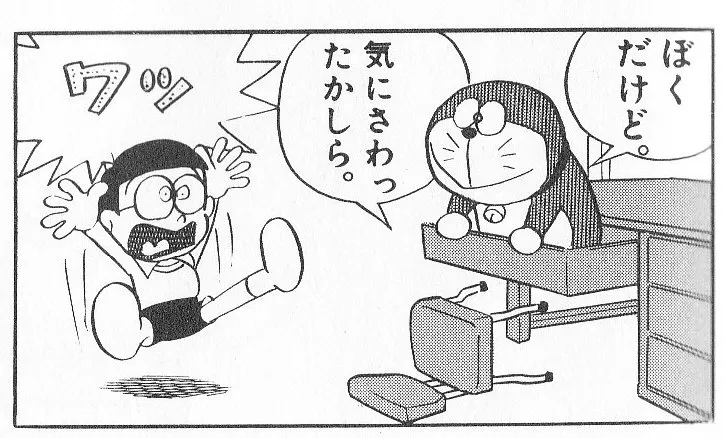On September 29, 1996, at the funeral of the author Fujiko F. Fujio, each condolence guest received a piece of paper that read: When I was a child, I was Nobita (Japanese: 子供のころ、僕は「のび太」でした.).
2024-01-13
On September 29, 1996, at the funeral of the author Fujiko F. Fujio, each condolence guest received a piece of paper that read: When I was a child, I was Nobita (Japanese: 子供のころ、僕は「のび太」でした.).
In the era when Fujiko-sensei crafted manga, the market was flooded with hero-centric stories, yet Fujiko-sensei aimed for a non-heroic protagonist, which became Nobita.
At the core of this choice lay Mr. Fujiko's candid admission: Nobita was a reflection of his true self. He confessed to lacking confidence in his judgment and battling feelings of inferiority. As a youngster, he often lagged behind peers in various aspects, despising group competitions, fearing he'd burden others. Moreover, his academic performance wasn't stellar; though not as dire as Nobita's, it lacked noteworthy achievement. In those times, manga became Mr. Fujiko's sole refuge.
Creating Nobita conveyed a message: even if one's path isn't crystal clear, understanding that the present self shouldn't stagnate, comprehending what ought to be done versus what shouldn't. Every person needs an internal compass. Despite appearing unremarkable, Nobita's mindset remains optimistic. He persistently aspires for higher ground, step by step, in a slow yet steady climb.

In 1996, at Fujiko F. Fujio's funeral, each mourner held a paper bearing the revelation: "I was Nobita as a child (子供のころ、僕は「のび太」でした)." Fujiko F. Fujio, in his youth, grappled with timidity, often bullied by peers, yearning then for something in his pocket to astound his tormentors—a seed, perhaps, for the birth of the character Doraemon.







 沪公网安备 31010502006244号
沪公网安备 31010502006244号